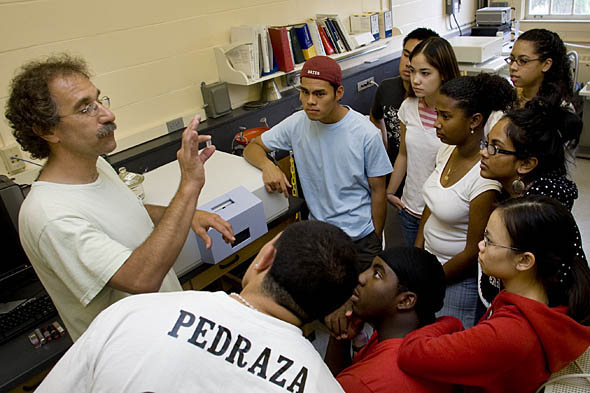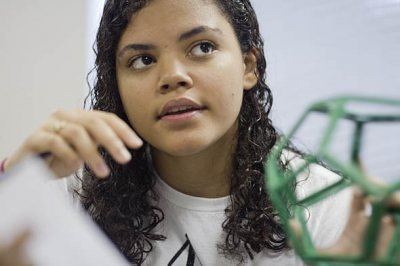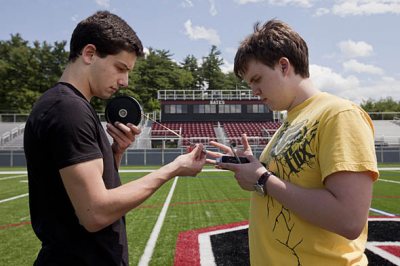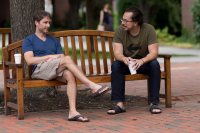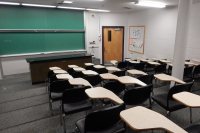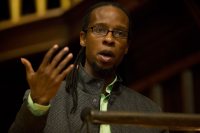
2011 graduates include first students from distinctive math and science program
Among the 437 students who graduated from Bates College last May were 11 pioneers of a nationally distinctive program designed to address the need for more diversity among students in mathematics and the sciences.
The 11 graduates were the inaugural participants in the college’s first Summer Scholars program, launched in 2007. Aimed at students from groups underrepresented in the sciences and math, the annual program gives a group of accepted first-year students an accelerated introduction to the demands and routines of college academics and residence life.
The outcomes for that inaugural group suggest that the program is effective. Among the 2007 Summer Scholars are:
- a biological chemistry major who is entering dental school;
- a psychology major hoping to earn a second degree in nursing;
- a double major in art and interdisciplinary studies (public health) who will teach chemistry in Baltimore through the Teach for America program;
- and a biochemistry major who will attend Spain’s Barcelona Graduate School of Economics to study medical economics.
“Bates cares about diversity,” says Michael Martinez, a dean of student transition who worked with the 2011 Summer Scholars. “We want to make sure that the institution is not only doing a great job of recruiting diversity, but helping the diverse group of people that we bring in actually thrive when they get here.”
The students come from all corners of the country, including Maine. “They’re Hispanic, Asian American, white, black,” says Martinez.
This innovative Bates initiative is aimed at academically superior students whose backgrounds may not have prepared them for aspects of college life that may be old hat to families with college histories.
The scholars live on campus and take one math and one science course, each the equivalent of an academic-year course — but compressed into six weeks. Mastering the course work and labs involves evening and weekend study, and intense, one-on-one collaboration among the scholars and with faculty.
The program teaches time-management skills and study practices, and introduces students to laboratory environments and to such insider information as course registration tactics.
And the program instills confidence that the Summer Scholars carry into the start of the academic year. “I felt comfortable enough to ask questions,” says Akinyele Akinruntan, a 2009 Summer Scholar from Memphis, Tenn.
Perhaps most important, the program encourages students to form relationships that sustain them academically and personally. Most of the 2007 scholars, says associate dean of student transition Carmita McCoy, “are still very close from that first experience living together four years ago. They have supported each other ever since — hanging out with each other, studying together, keeping in communication even during the summer.
“And the bonds they made with faculty and staff, they found to be very helpful.”
“I was able to meet good people, students and faculty who shared my passion for the sciences,” says Akinruntan, a junior psychology major who hopes to become a psychologist.
In fact, the Summer Scholars program was meaningful enough to Akinruntan that he has spent summer 2011 giving back to it. As a residence fellow living with the 2011 Summer Scholars, he has mentored these 10 first-years as they have studied historic concepts in math and the physics of sound.
“I’ve given them advice every day,” he says.
